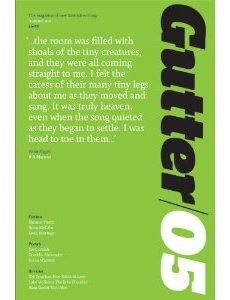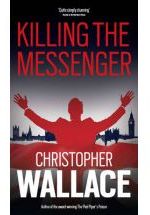 The Rt Hon Douglas Alexander MP delivered the Williamson Memorial Lecture at the University of Stirling tonight, speaking to the title ‘A Better Nation? A Personal Reflection on Scotland’s Future’. A central element of his argument was the need for political discourse surrounding Scottish nationhood, and the forthcoming independence debate, to attain a ‘different quality of imagination’.
The Rt Hon Douglas Alexander MP delivered the Williamson Memorial Lecture at the University of Stirling tonight, speaking to the title ‘A Better Nation? A Personal Reflection on Scotland’s Future’. A central element of his argument was the need for political discourse surrounding Scottish nationhood, and the forthcoming independence debate, to attain a ‘different quality of imagination’.
His words were reminiscent of those spoken by Andrew O’Hagan a couple of weeks earlier, and reported on by MLitt in Publishing Studies student Nuria Ruiz. Books, O’Hagan, argued, make the world more real for us. O’Hagan’s idea, paraphrases Nuria, was ‘that Scottish civic memory actually finds its most forceful expression in the arts – Scottish plays, music, art and books are becoming powerful, punching above their weight in the cultural stakes. In particular, books are playing a bigger role in making the world “more real” for us as Scots.’
Alexander’s speech provided an interesting counterpoint to the O’Hagan’s argument. In a talk peppered with references to Shakespeare, Plato, Burns, William McIlvanney and Alasdair Gray, he made an argument for a politics informed by a pluralistic imagination and underpinned by the principles of common humanity. Democratic politics, he says, have taught him many things, including:
‘that in policy, statistics matter, but in politics, stories matter too. Because stories help shape what is hidden in plain sight all around us – what we judge has meaning, and what we judge doesn’t. And it is through stories that we provoke the feelings of hope that are at the heart of participating in a progressive society – the care, concern, and compassion that has always underpinned the will to act.’
The place of writing – and publishing – in this vision is worth considering further. Nuria ended her blog on Andrew O’Hagan by arguing that Scottish publishing can and should be central, that ‘if Scottish book culture is on the ascendant, then Scottish publishing can become as commanding as the stories it makes and preserves.’ Alexander ended his speech with an appeal to the future: ‘the history of Scotland, written by this generation, can and will be remembered not by the “The End of an Auld Sang” but positively and vibrantly by “The beginning of a New Story”.
The role of writers, artists, musicians, poets – and indeed publishers – should take its place at the heart of this narrative: asking difficult questions, creating new stories, communicating them effectively to a variety of audiences.
The conversation continues…
The full text of Douglas Alexander’s speech is available here.







 ciety of Young Publishers
ciety of Young Publishers

